View of the fountain in St. James’s Park, London.
All original royalty-free photos, shareable maps, and informative articles.
Explore The United Kingdom
About The United Kingdom
The United Kingdom includes England, Scotland, Wales, and Northern Ireland. It is mostly an island surrounded by water, but Northern Ireland shares a border with the Republic of Ireland. It is geographically part of Europe even though it is not on the main European landmass.
Language
English is the main spoken language of the United Kingdom, but a number of Celtic languages are still spoken such as Welsh, Cornish, Breton, Irish, and Scottish Gaelic. There is a great diversity of accents within the country and local customs are varied.
Demographics
The main ethnic group is white who comprise over 90% of the total population. The remainder include: black, Indian, Pakistani, and mixed. Over 8.3% of the population were foreign born. The population is over 63 million with 250 people per sq km. Christianity is the biggest belief system in the United Kingdom, but Islam is the fasted growing religion.
Geography
The United Kingdom is around 245,000 square kilometres (94,600 sq mi) in area. Landscapes include mountain ranges and hill, forests, lush valleys and plains, and moorlands. The climate is temperate with warm summers and cold winters.
Top 10 places to visit
- London is the biggest city in the UK and the capital of England. It is renown for its shopping, restaurants, and pulsating nightlife. It also has some of the most popular national monuments such as the Tower of London, Tower Bridge, Westminster Abbey, Buckingham Palace, and St Paul’s Cathedral. Built around the River Thames, it is a city absolutely packed with attractions and things to do.
- Windsor Castle is a short train ride from London followed by a short walk from the station. Overlooking the Thames, it is the is the world’s biggest inhabited castle covering 13 acres (not including the land). Originally built by William the Conqueror, monarchs have used this building since the time of Henry I.
- Edinburgh is the capital city of Scotland. Including the famous Edinburgh Castle, the city is packed with ancient buildings and streets, but also has modern architecture. Nightlife, festivals, shops, and restaurants make this city one of the most desirable places to live in the UK and a hugely popular place for travellers who want to experience Scottish culture.
- Oxford is a university town brimming with history and architectural wonders. It contains spectacular buildings from every architectural period since the 8th century and has large areas of beautiful parks and gardens. More notable buildings include the 12th century University of Oxford, Christ Church, St Mary’s Church, Natural History Museum, Pitt Rivers Museum, and the 18th-century Radcliffe Camera. Knowing that King Edward VII and King Henry the Eighth walked these streets and visited many of these buildings gives the sites even more appeal when you consider their historical context.
- Bath is a historic city which gets its name from its hot springs that are the site of ancient Roman baths. About 160 km (100 mi) west of London, the whole city is a UNESCO world heritage site. Besides the baths, it is famous for its fine Georgian architecture including the outstanding Georgian town houses of Royal Crescent. The outlying countryside is also some of the most scenic in all of England.
- Stonehenge is the most familiar Neolithic and Bronze Age monument in the world. Located in Wiltshire, it was built in three phases starting around 2000 BC. What remains of the site is a ring of standing stones. It is thought that nearby springs that remain to this day, are what initially gave the area special significance. During the ice age, the springs would have remained in liquid form thereby attracting animals which in turn attracted people to the site. There are also a number of ancient graves here and other archaeological wonders.
- Hadrian’s Wall was the northern border of the Roman Empire. It runs from Carlisle to Newcastle-on-Tyne. A portion of the wall remains to this day along with other interesting archaeological examples from that time. The ‘Hadrian’s Wall Path National Trail’ which runs alongside the wall, also contains a number of shorter walks and loops. The trail passes through scenic countryside and old villages giving making the walk more interesting. Two millennia ago, so-called uncivilized people dubbed Barbarians lived north of this wall.
- Cornwall in south-west England has the mildest climate and best coastal scenery in the UK. Famous for its sandy beaches, it also has dramatic cliffs and caves. Small fishing villages line the coast, each with their own identity from St Ives a village of artists to Torquay, a town with palm trees and beaches.
- Lake District National Park is arguably the most scenic area in England. It is a mountainous region with lakes and forests. The area also has cultural significance with many poets gaining inspiration for their writings here.
- Loch Ness near Inverness is a large and deep lake located in the Scottish Highlands. Besides being the location of the famous Loch Ness monster, it gives you are taste of the scenic highlands that Scotland is famous for.
View of the Thames with Parliament Buildings in the background.
Evening light on the River Thames, London.
Sunset over the River Thames, with Palace of Westminster and Big Ben in view.
All manner of entertainment and attractions surrounds the London Eye in Southwark, on the Thames in London.
Westminster Bridge London
London photos, Bridges, Buildings, Cathedrals, Landscape / Horizontal, RiversView of Westminster Bridge, a bridge over the River Thames. It is one of the iconic bridges of London....
Winter at Westminster Houses of Parliament. Viewed from the entrance to Westminster Tube Station.
St James’s Palace in Pall Mall is one of the oldest palaces in the city of London.
Big Ben is actually the bell located alongside the Houses of Parliament in Westminster, London and the tower is...
The Serpentine is a man-made lake in London’s Hyde Park. It was created in 1730 by order of Queen...
A London double-decker bus heading towards Westminster Bridge with Big Ben in the background.
Calendar
| M | T | W | T | F | S | S |
|---|---|---|---|---|---|---|
| 1 | ||||||
| 2 | 3 | 4 | 5 | 6 | 7 | 8 |
| 9 | 10 | 11 | 12 | 13 | 14 | 15 |
| 16 | 17 | 18 | 19 | 20 | 21 | 22 |
| 23 | 24 | 25 | 26 | 27 | 28 | 29 |
| 30 | ||||||
Popular Posts
- Awakening New Zealand video (100)
- Iguazu Falls as seen from Brazil (87)
- Metrocable Medellin (78)
- Pauatahanui Inlet (69)
- Spinnaker Hill in Whitby Porirua (68)
- Spinnaker Hill View (68)
- View from Whitby (68)
- The Devil’s Throat (62)
- Aerial View of Iguazu Falls (61)
- Porirua Harbour & Papakowhai (57)
- Lake Wakatipu (57)
- Salto Rivadavia & Iguassu River (56)
- Lake Tekapo & Lupins (54)
- Nelson View (53)
- Salto Rivadavia Misiones Province (53)
- Cascadas at Iguazu (53)

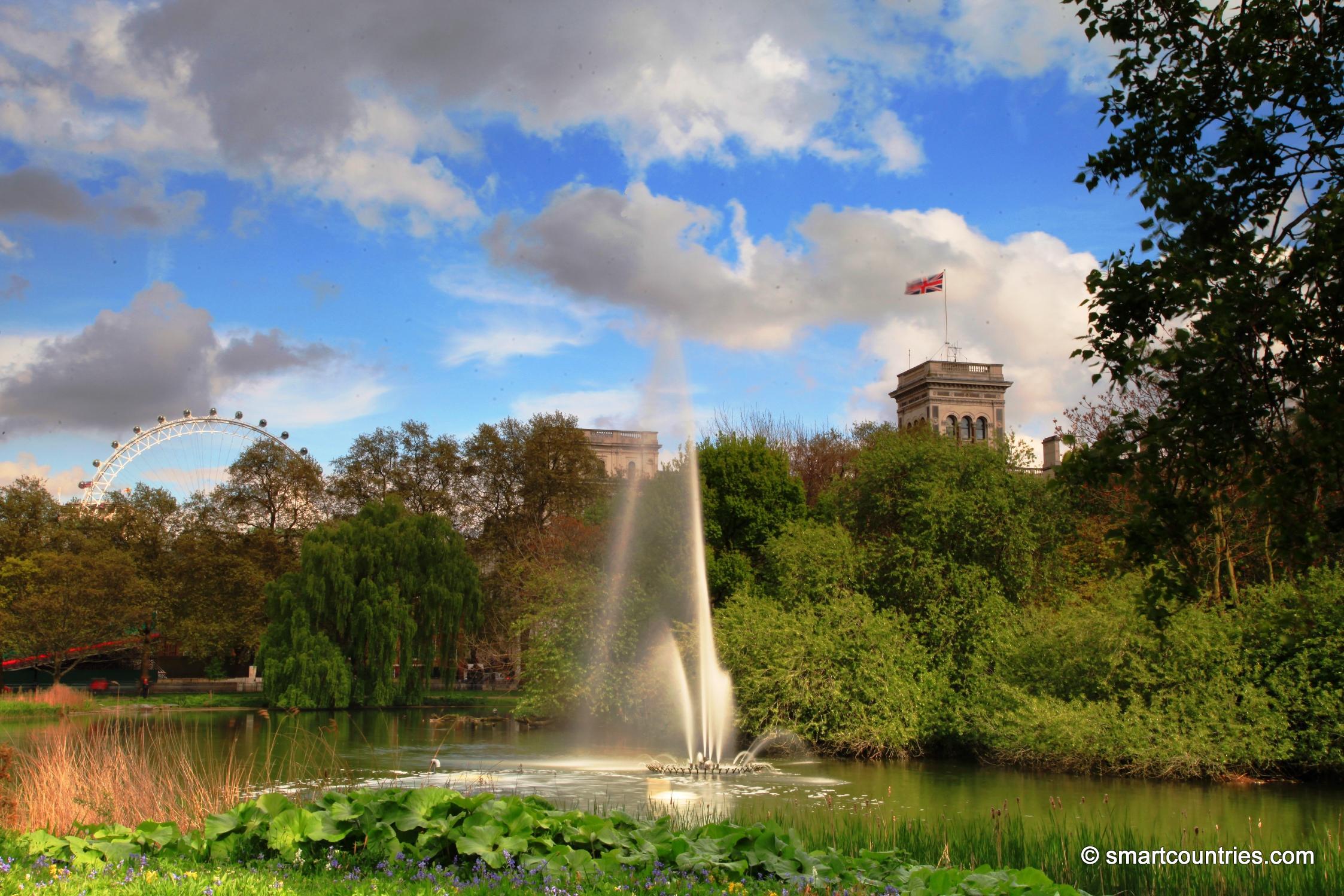
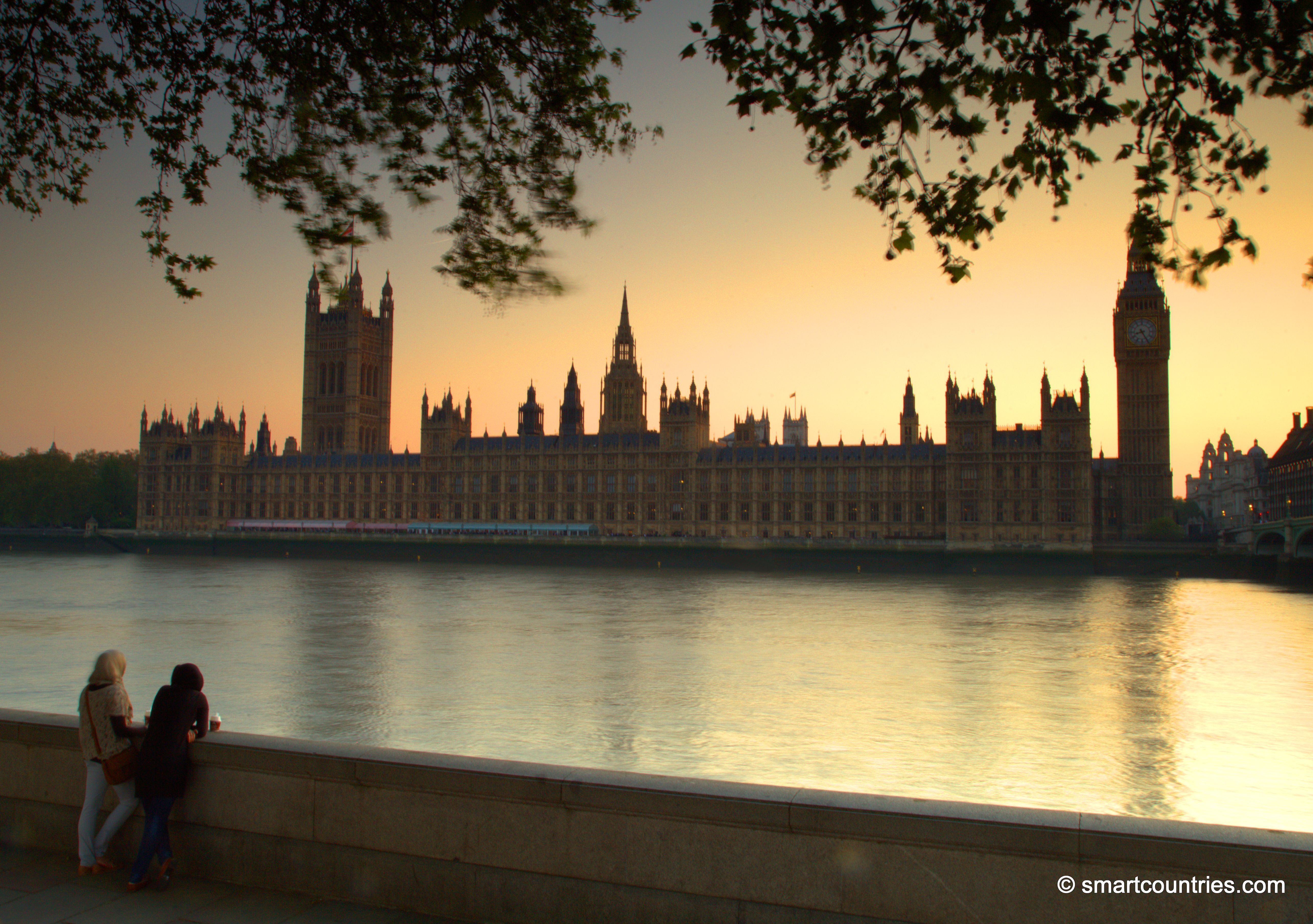
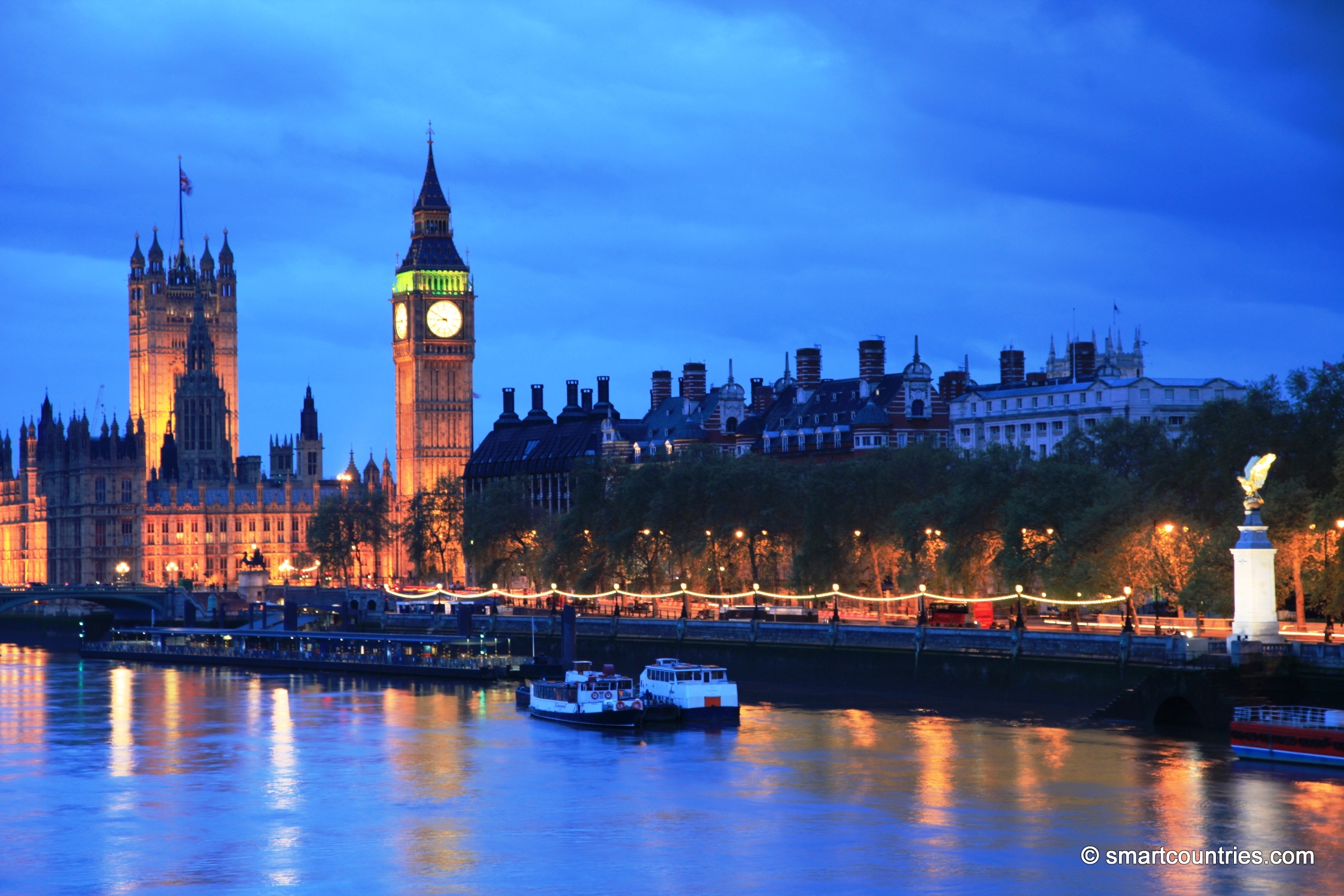
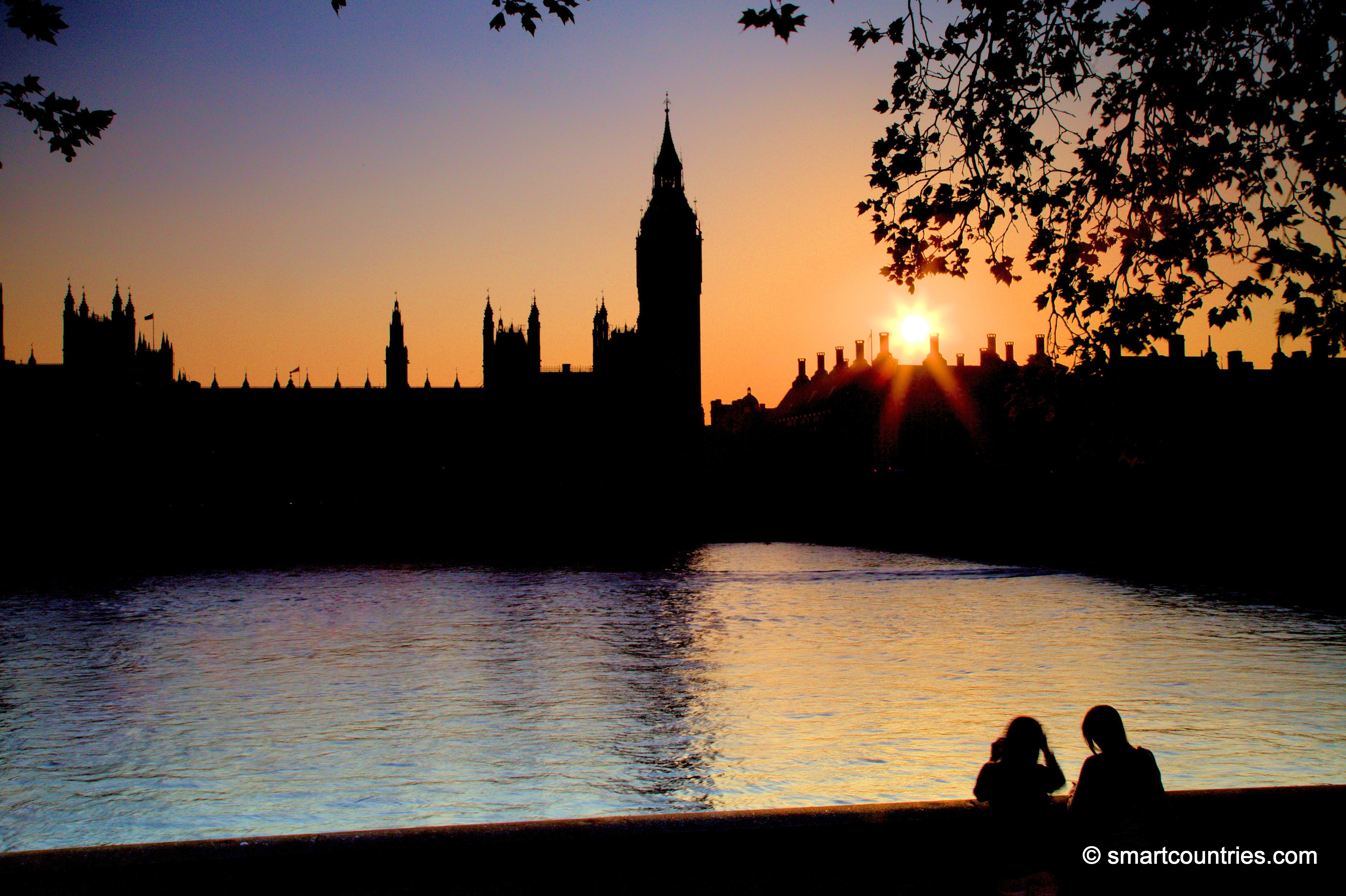
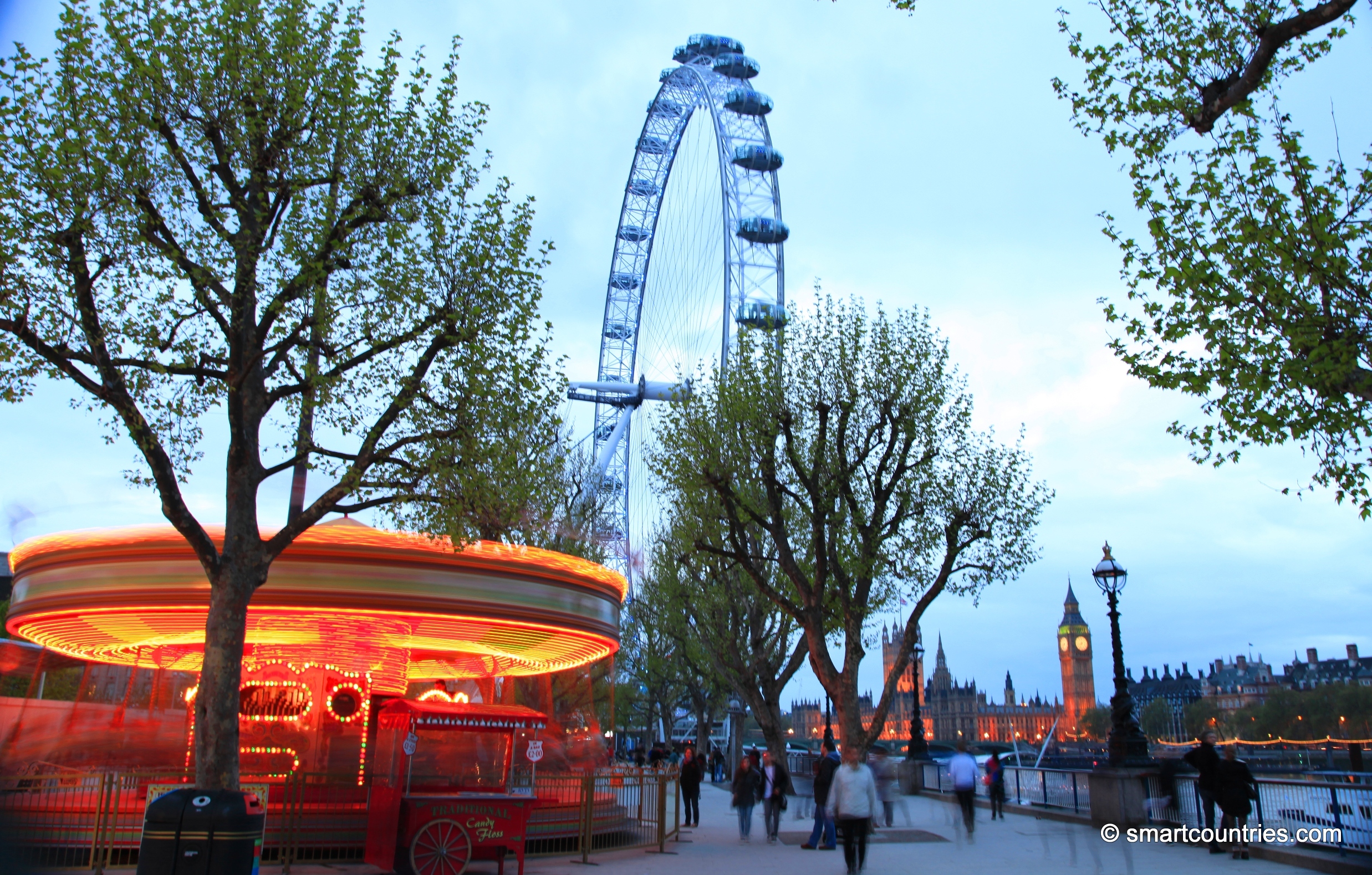
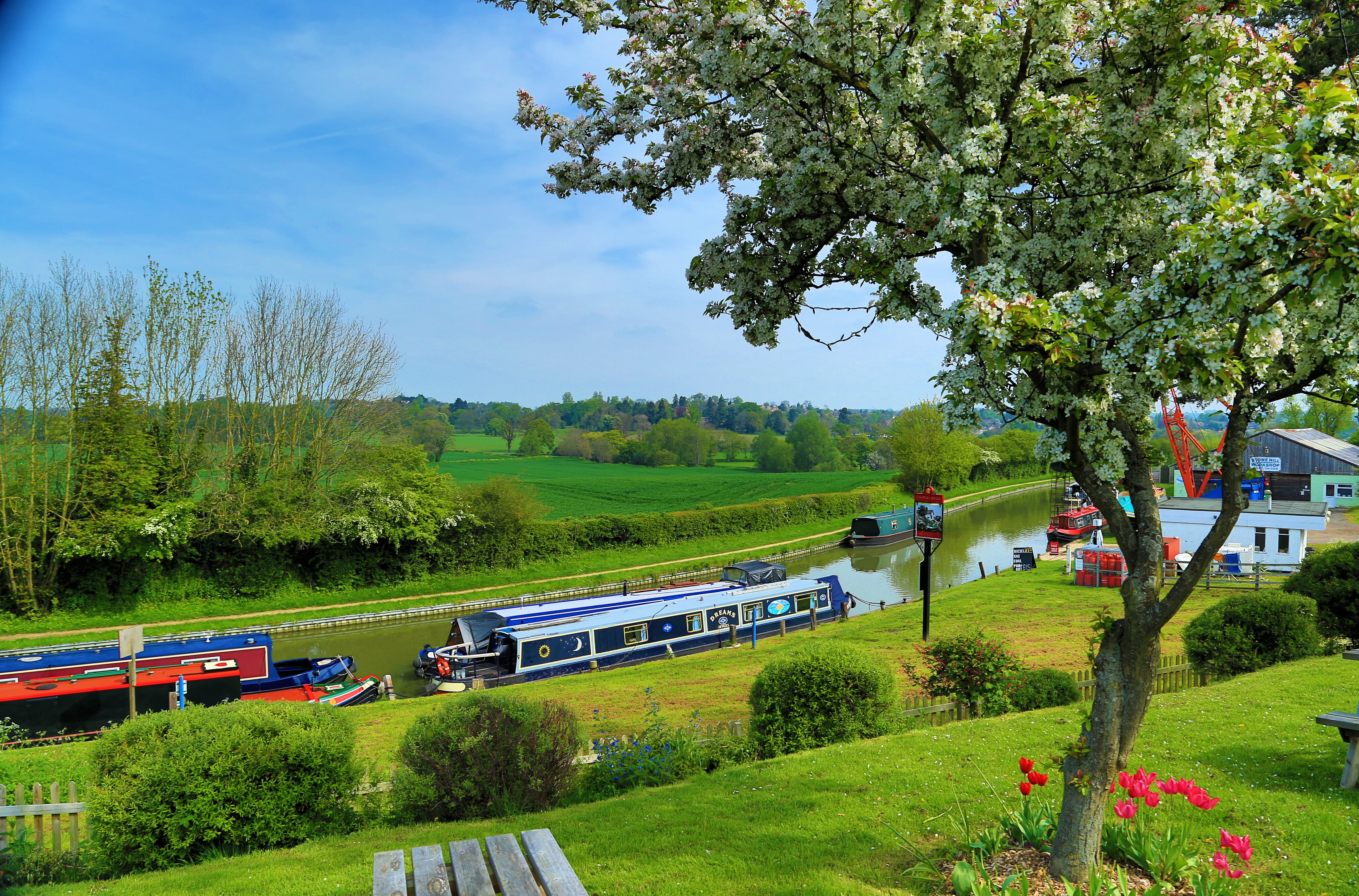
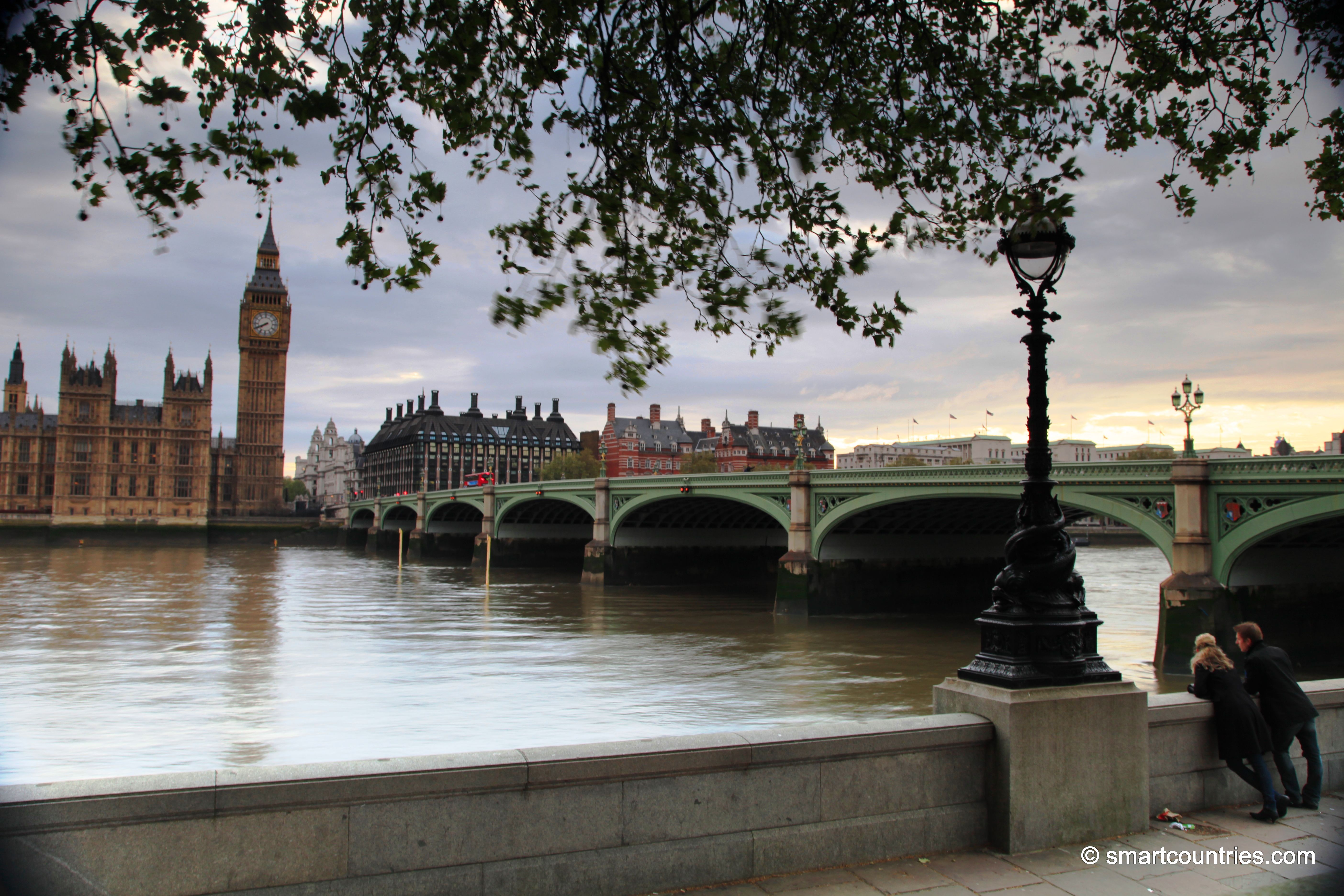
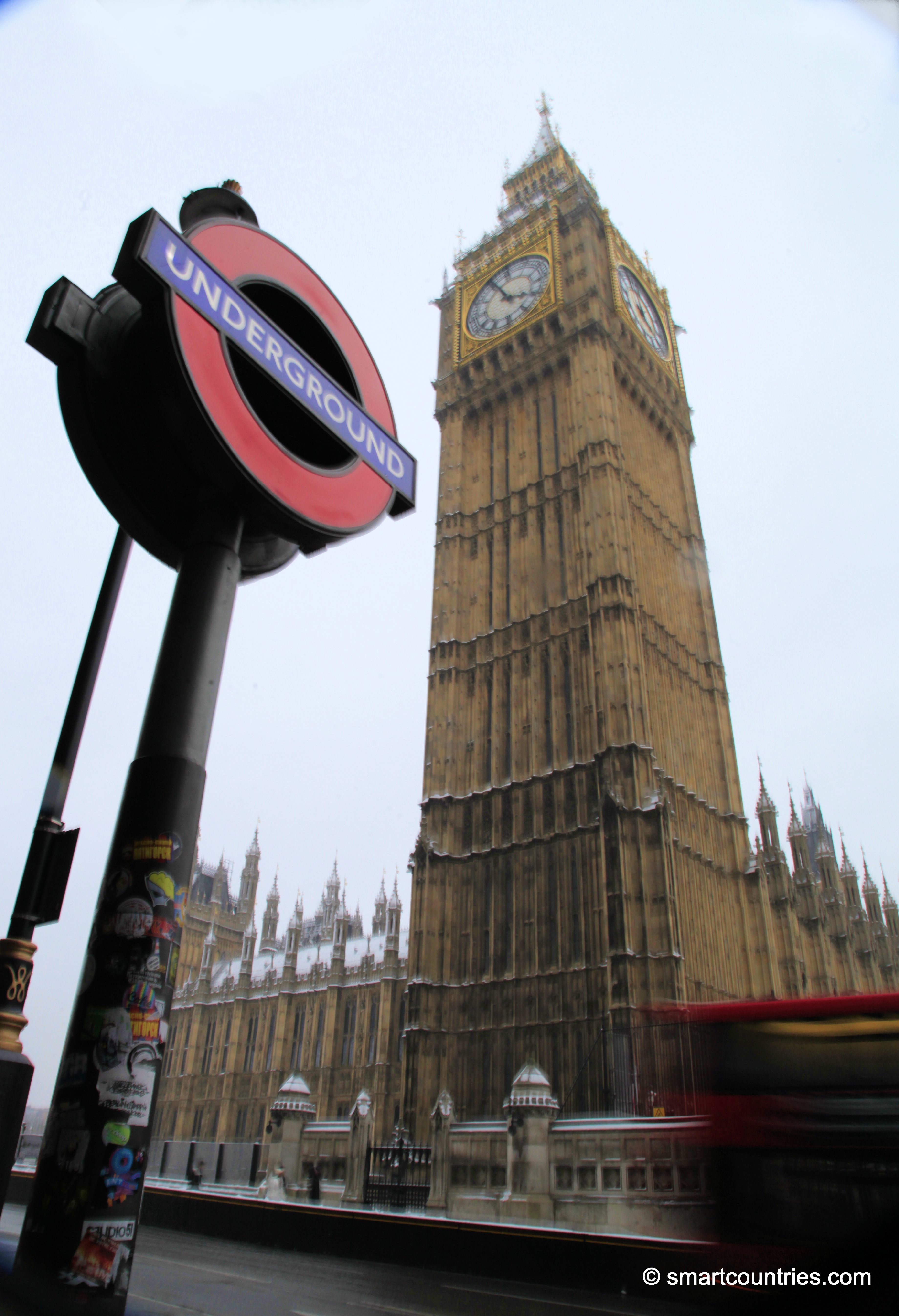


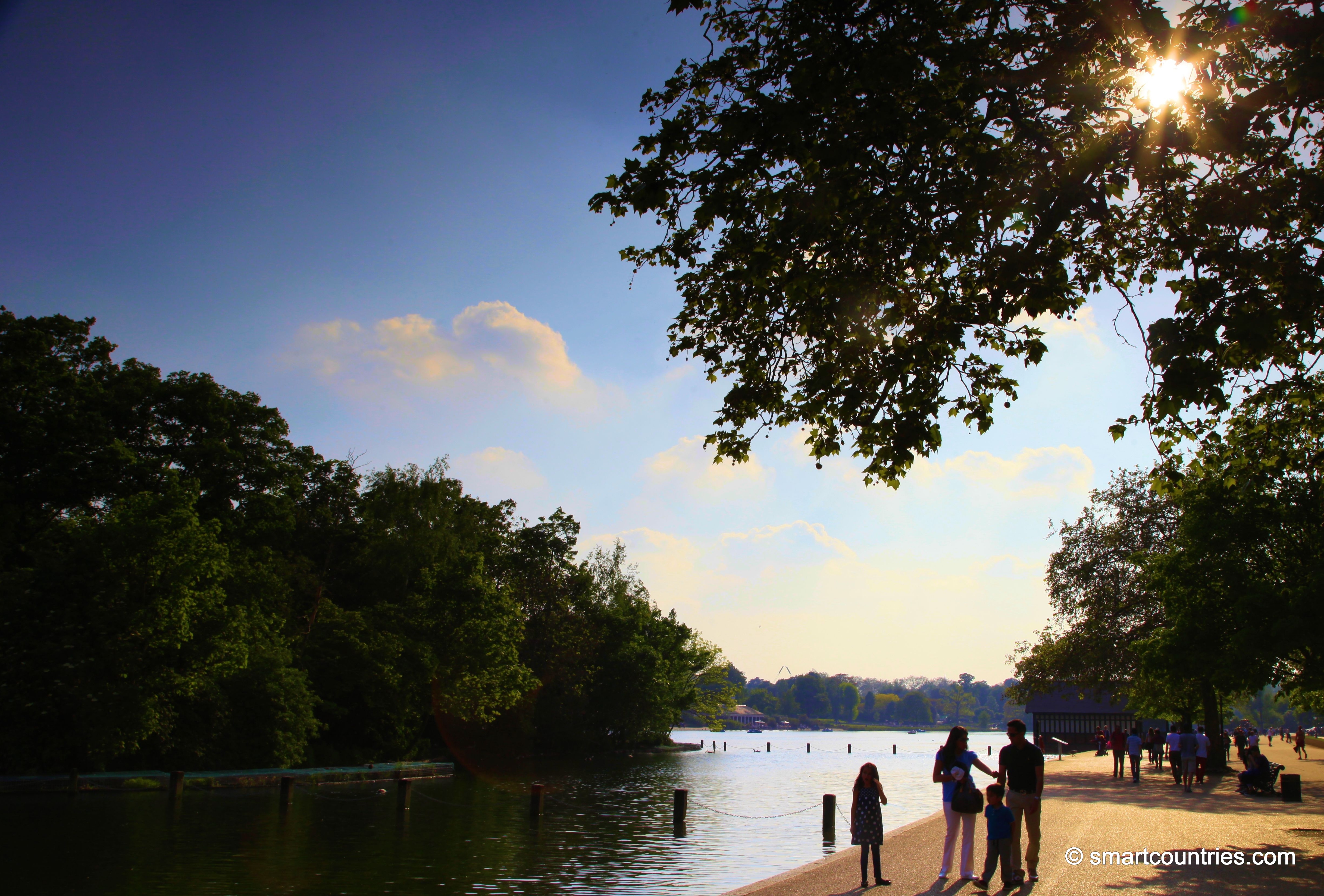
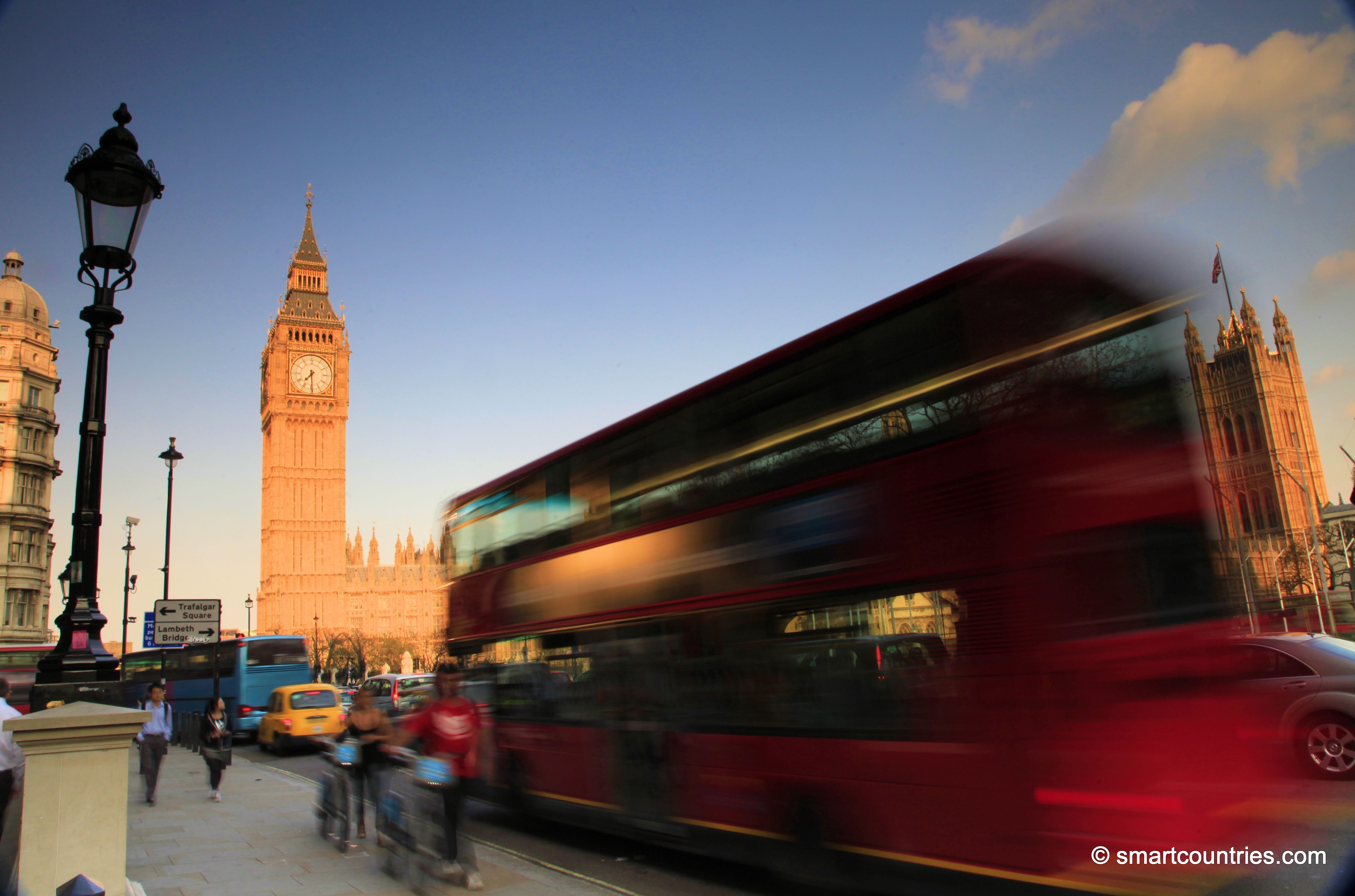
Recent Comments